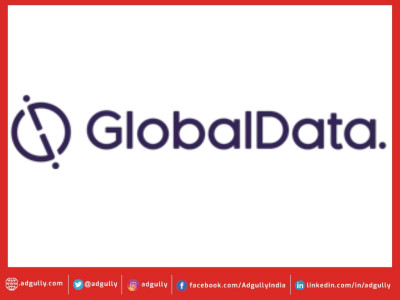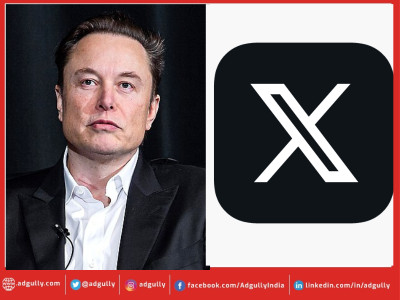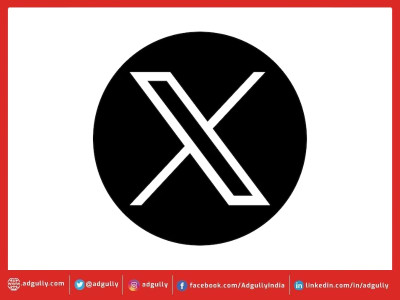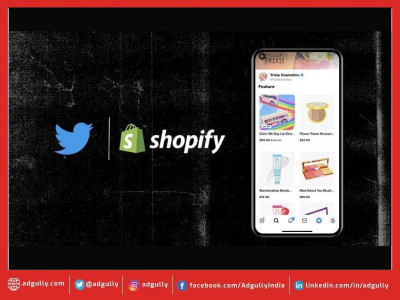Twitter’s blue tick may risk misinformation, deter advertisers: GlobalData
Following Elon Musk’s announcement of an $8 subscription for a blue tick on Twitter;
Rachel Foster Jones, Thematic Analyst at GlobalData, a leading data and analytics company, offers her view:
“Twitter is dealing with a tough macroeconomic environment which has led to a weak advertising market and so Musk’s revamp of Twitter’s existing subscription model is aimed to end the company’s reliance on advertising revenue.
“Adding the blue tick* to the subscription could well boost subscription-based revenues because it is a coveted feature, however, an online class system could emerge, as it may become a question of which accounts can pay for the blue tick— rather than which accounts deserve it on merit.
“Determining which accounts are authentic will become a significant challenge for Twitter when genuine users are unwilling to pay, which may increase the risk of impersonation and misinformation. Subscribers will also get their tweets prioritized, amplifying their voices on the platform, so those that pay for Twitter Blue may have a significant influence in shaping the content seen on the app.
“Ironically, this announcement could adversely affect Twitter’s ad-generated revenues. The platform has faced many controversies, and if the quality of the information found on the platform is diliuted it could concern or even deter some advertisers. This makes it a bold move in an already tough advertising climate and if the blue tick does not boost subscriptions and the cost increase impacts them, then the move may simultaneously impact both of Twitter’s revenue streams.”
Laura Petrone, Principal Analyst at GlobalData, adds: “A subscription system also means users will access different content depending on their status. Premium subscribers will see fewer advertisements, including political advertisements, than non-premium ones. Due to the politicized nature of Twitter, the implications could be significant, especially in the run up to major political events such as the US presidential elections in 2024.
“Non-premium subscribers will be the most exposed to ad targeting based on political affiliation and personalization techniques used in the 2016 presidential elections. At that time, in the absence of laws restricting the content or the targeting of ads, campaigners could inundate voters with ads filled with misleading claims about issues they cared about in an effort to sway their vote.”
* The tick appears next to the names of certain accounts to highlight that they are someone who is of public interest and that the account is verified as belonging to the person in question (not a fan account or someone pretending to be the person of interest)


















Share
Facebook
YouTube
Tweet
Twitter
LinkedIn